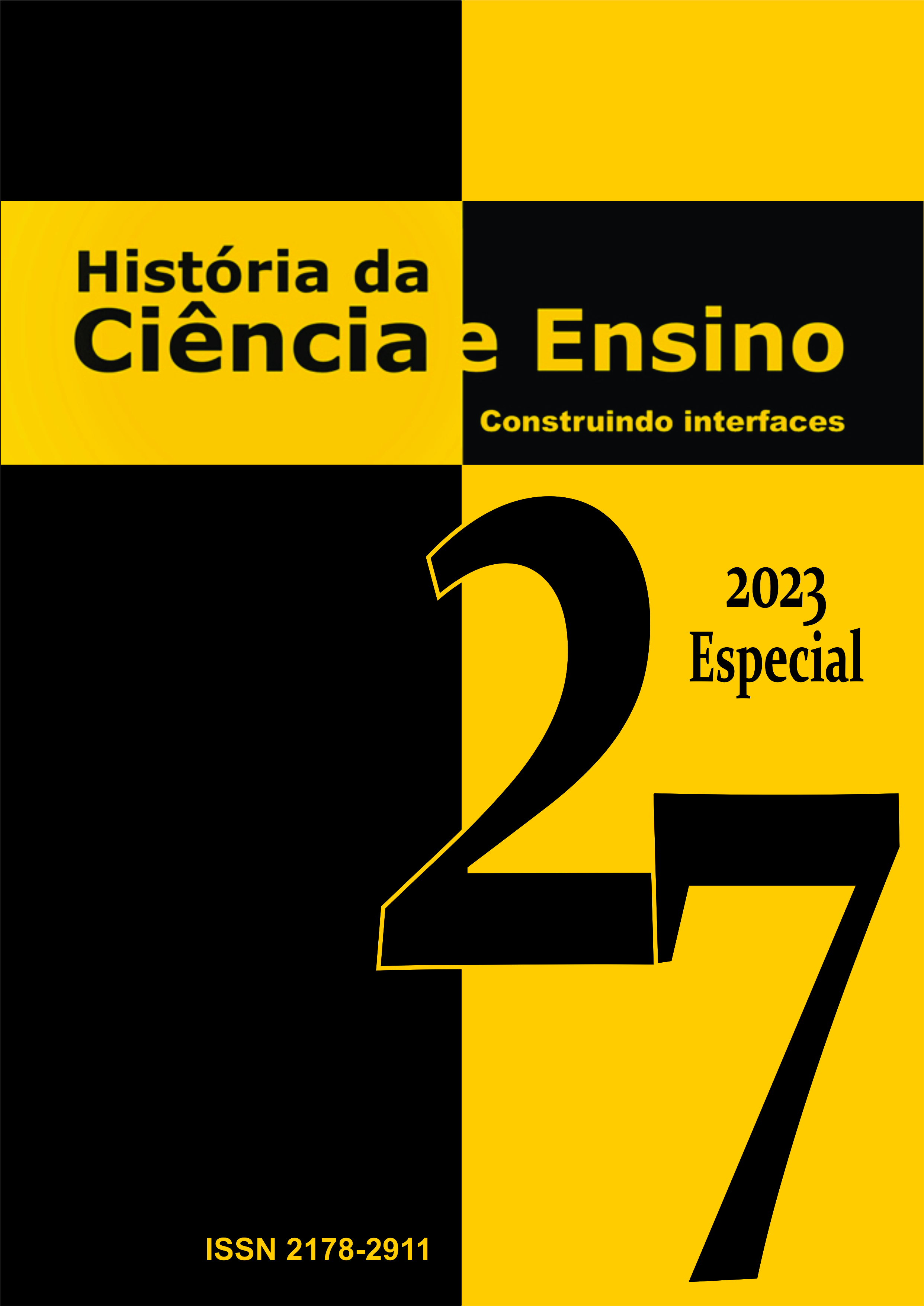Reinier De Graaf e a Biologia Reprodutiva
Reinier De Graaf
DOI:
https://doi.org/10.23925/2178-2911.2023v27esppp221-230Abstract
The 17th-century Dutch scientist Reinier De Graaf (1641-1673) is considered the founder of modern reproductive biology. Its name is associated with the corpus luteum, the fallopian tubes and the ovarian follicles. De Graaf's monograph on the male reproductive system was published in 1668. About four years later, in 1672, his work on the female genital tract was published, which contained the famous description of the ovarian follicles. De Graaf described in detail structures associated with the male and female genitalia, including the efferent ducts, corpora lutea, fallopian tubes and especially the ovarian follicle. De Graaf had the clarity to realize that the fallopian tube was responsible for transporting the ovulated gamete and he successfully documented that ectopic pregnancies occur within this structure. But De Graaf's legacy lies in the preovulatory ovarian follicle. De Graaf visualized ovulation and described this process effectively, at a time when the microscope was still being developed. In this work we will describe Reinier De Graaf's discoveries, observations and critical evaluations that contributed to the understanding of human procreation.


